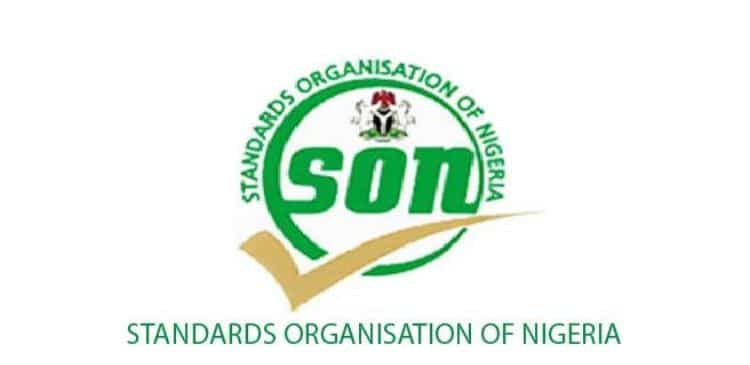The federal government is developing a standard for energy-efficient lighting for Nigeria to enable the country to phase out toxic, mercury-laden lighting in line with the Minamata Convention on Mercury.
At the Inception Workshop for the preparation of the policy document for this energy transition held in Lagos, stakeholders deliberated on ways to facilitate the replacement of mercury lighting products with non-toxic environment-friendly ones.
Apart from the high energy consumption of most lighting appliances such as fluorescent bulbs, the safety of some of the products to human health and the environment has over the years raised global concerns because they contain Mercury compounds.., chemicals considered to be toxic.
Also Read: VP Osinbajo Leads Nigeria’s delegation to US for global partnership for Energy Transition
The need to phase out these mercury-laden electrical appliances that are injurious to human health and the environment led to the signing of the Minamata convention on mercury in 2013 to which Nigeria is a signatory.
This gathering is the first step towards setting the minimum energy performance standard for lighting in Nigeria and getting the buy-in of stakeholders, a process that must be in place if the Minamata convention is to be fully implemented.
For speakers here, proper implementation of the minimum energy performance standard will bring enormous benefits to consumers and the nation at large.
The Minamata Convention on Mercury is an international treaty designed to protect human health and the environment from toxic emissions and releases of mercury compounds.
Nigeria ratified the convention in 2018.
(Editor: Nkoli Omhoudu)








